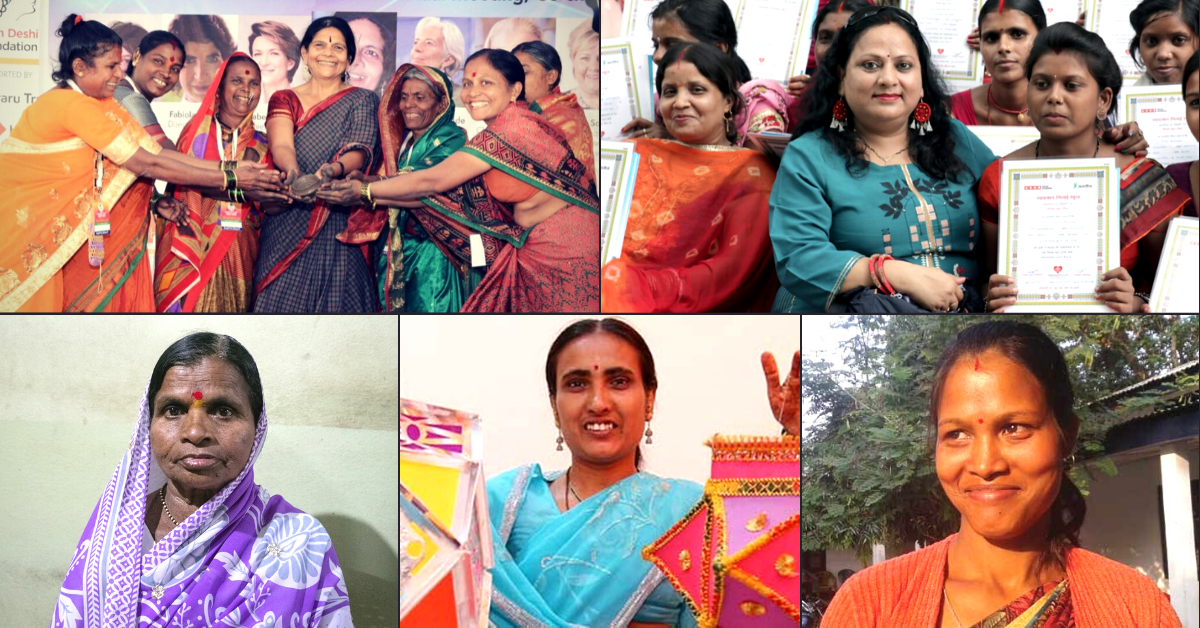Mental health in children is a huge topic, and it’s important to understand the potential difficulties your kids might be facing. Children and adolescents live in a world that is changing faster than ever before. When the outside world changes, the risk of mental health disorders in kids increases.
Mental illnesses in kids are not just bad moods. It is when a child suffers from a range of mental health disorders, which could be depression, anxiety, eating disorders, or others. There are many warning signs of poor mental health in kids. Young children and teenagers who experience maltreatment in the home, bullying, or generalized anxiety are more likely to have mental health issues, according to Psychology Today.
In this article, we’ll explore mental health disorders in children and how parents can help them.
What are the most common mental health issues in children?
Though difficult to diagnose, it is estimated that up to 1 in 5 children suffer from a mental health condition. There are five different major categories of mental health disorders, and each one has different symptoms which is why it’s important to understand how they can affect children. The most common childhood mental health issues include depression, anxiety, ADHD (attention-deficit/hyperactivity disorder), autism spectrum disorder (ASD), and OCD (obsessive-compulsive disorder). Depression is the single most common mental health disorder in children and adolescents. It’s estimated that roughly 1 out of every 6 children and teens struggle with depression, with girls being twice as likely to struggle with the condition than boys.
If your child is exhibiting symptoms, they will likely display one of these warning signs:
- Abnormally low mood
- Loss of interest in activities they once enjoyed
- Significantly more irritable than usual
- Loss of appetite or overeating
- Greater difficulty falling asleep or staying asleep
- Crying for no apparent reason
- Low self-esteem, or feelings of worthlessness or guilt
- Frequent complaints about physical symptoms, such as headaches, fatigue, and stomach aches
- Avoidance of friends, family members, or activities they typically enjoy
- Thoughts of suicide, death, or hopelessness
It is important to note that depression can look different in teens than it does in younger kids.
How can these mental health issues be treated?
It’s important to know that issues of mental health in children are treatable. There are many different types of interventions, such as cognitive-behavioral therapy, group therapy, and art therapy. As the child gets older, other treatments may become more appropriate such as medication. Mental health issues in children are common and treatable. It’s easy to be overwhelmed, but with the right information, you can start the right path to help your child.
How can we prevent these mental health issues?
The best way to prevent mental health problems in children is by parenting better. When parents are reliable and empathetic, their children will feel less anxious and stressed. In addition, being around nice people will also help children develop good social skills and self-esteem. In order to help your child develop good mental health, you need to be a good role model. Your positive attitude and an optimistic outlook are what they need to develop mental strength.
How can we maintain good mental health in children?
In order to maintain good mental health, you have to do a few things. First, you have to be calm with your children. Meditation is a great way for you to relax and strengthen your mind. It will help you be calmer and more positive. Also, this will set an example for your kids and you can encourage them to practice this as well. In addition, talking to your child about their worries will also help them develop better mental health. Even simple conversations can help them feel better and stronger. Discussing your worries with them will give them a good example of how to handle stress.
How can parents help?
Parents should be aware of the potential mental health issues their children may be dealing with. If you suspect your child has a mental health issue, talk to them about it. Find out what they’re dealing with and help them work through it. If you do need to get them professional help, be supportive. It will not go away on its own and the sooner they get help, the better.
Do not dismiss their feelings as mood swings or bad temperament and attitude. It need not always be so. Try to get them to reason out their behaviour and what triggered them. Accept their emotional outbursts as a valid exhibition of their emotions. Belittling them for crying or getting angry at them does not set the right precedent. It is always better to discuss and help them vent out what they feel than to make them bottle up their emotions.
Make sure they are in the right environment and surrounded by the right people. Bullies at school, unempathetic teachers, bad academic performance, puberty, and peer pressure can all affect them mentally so it is important to know what is happening in their lives and if anything is impacting them negatively.
Conclusion
The five most common mental health issues seen in childhood are depression, anxiety, ADHD, PTSD, and OCD. All children experience these emotions at different intensities. It is important to help your child to understand that it’s not their fault and to provide them with the tools they’ll need for coping. If you or your child is experiencing any of these problems, please reach out to a mental health professional.
Also Read by Infano– Parenting Tips: Ways To Address Smartphone Addiction In Teeager



















